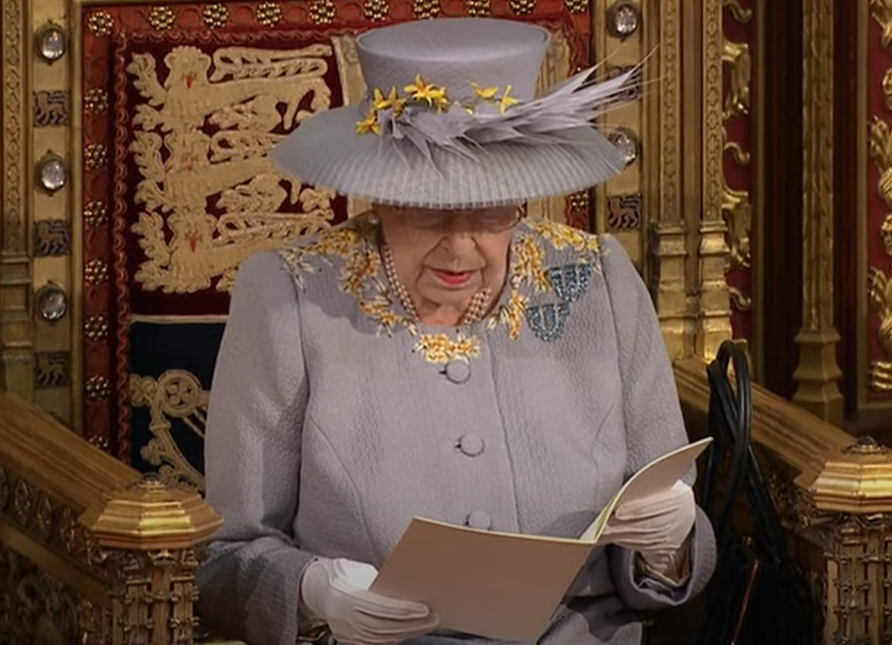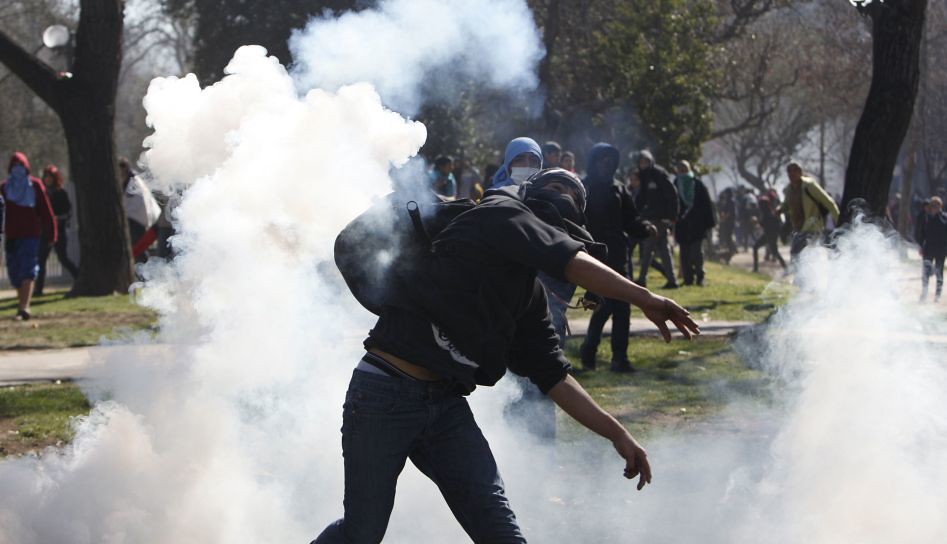11 May 2021 | OPINION
The State Opening of Parliament through the Queen’s Speech. A tradition in which the monarchy announces what legislation the Government intends to implement over the next year. It typically attracts large audiences, however this year was a little different given the coronavirus restrictions.
For the Queen, today was her 67th speech and its main focus was on building Britain back up, following the impact of the coronavirus but also embracing modern technology to help with the economic recovery.
There was a significant focus on investing in our public services, from investing more into the NHS to enabling it to innovate and embrace technology. Using lessons from the coronavirus, legislative plans are in place to tackle the obesity problem in the country and to invest more into mental health. This is significant, because previously mental health has been seriously underfunded. In another momentous pledge, there is to be a ban on Conversion Therapy.
In a bid for the Conservatives to fulfil their pledge of ‘levelling up’ across the country, two significant Bills have been proposed: The High-Speed Rail (Crewe-Manchester) Bill and Telecommunications Infrastructure Bill. Through better transport connectivity, it shows this Government is committed to modernising, and as such the Speech also mentioned that there was a promise to modernise planning procedures – to get more people onto the property ladder, whilst at the same time giving more rights to renters.
Last year, we saw what can only be described as a summer of discontent, with protests swamping the country. New legislation in the form of the (arguably) controversial Police, Crime, Sentencing and Courts Bill, which will give the police more powers, and the Telecommunications (Security Bill), which will further arm the police to prevent criminals before acting, is therefore intended to keep more of us safe online.
One of the biggest pieces of legislation that has caused a stir is the proposed Electoral Integrity Bill, which will require voters to provide identification when they go to vote. Speaking of elections, this year’s Queen’s Speech also introduced the idea of the Dissolution and Calling of Parliament Bill. This will overturn the Fixed-Term Parliaments Act introduced in 2011, meaning that the Prime Minister will no longer be constitutionally obliged to hold a General Election every 5 years or if the Commons approves an early one.
It will also restore to the Queen the ability to dissolve Parliament herself, on the advice of the Prime Minister. It is worth pointing out that special attention to the needs of young people was made explicitly clear from an acknowledgement that not everyone is academic – yet those people who chose not to go to University deserve to have multiple opportunities through the Skills and Post-16 Education Bill.
For children, there has been a pledge to prioritise the early years – especially for younger children who have missed out on vital education due to the pandemic, and a promise of a delivery of high-quality education.
This year’s Queen’s Speech can be watched in full here:

























